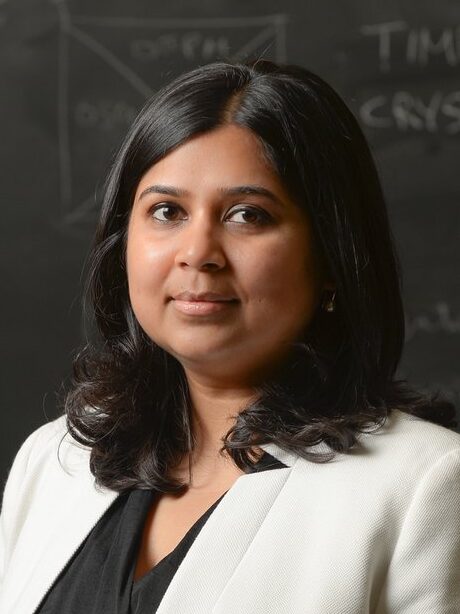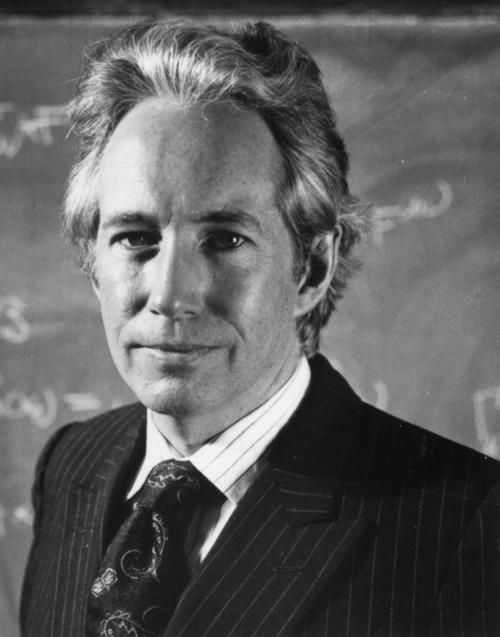

Public Lecture
Quantum Matter Out Of Equilibrium: Time Crystals and Beyond
Vedika Khemani
Stanford University
Wed, Aug 23, 5:30–6:30pm
Learn about the fascinating world of non-equilibrium quantum matter — a field at the heart of the ongoing second quantum revolution. Equilibrium statistical mechanics is the foundation of modern physics. It underpins our understanding of everything from our everyday world of solids, liquids, and gases, to more exotic phenomena like superconductors. This is because a “phase of matter” can only emerge from interactions between countless numbers of particles. It is simply impossible to talk about a single particle as a “solid” or “liquid”.
However, it’s equally impossible to track each of the individual particles. Traditionally, physics addressed this problem by assuming a population in equilibrium and analyzing the collective statistical properties of the population. The first quantum revolution, which gave us our modern computer age, was fueled by our understanding of phenomena defined by the collective equilibrium properties of many interacting quantum particles. We are now at the beginning of a second quantum revolution, driven by extraordinary efforts to build quantum devices for the generation and manipulation of quantum entanglement. These devices allow exquisite control over individual quantum entities, giving us controlled access to the non-equilibrium dynamics of quantum systems for the very first time. Indeed the operation of any algorithm run on a quantum computer is inherently a non-equilibrium dynamical process!
In this talk, Khemani discusses recent progress in advancing our understanding of phase structure beyond the equilibrium setting. In particular, quantum matter out-of-equilibrium can allow for novel phenomena that may be forbidden by the usual rules of statistical mechanics. An example is the recent theoretical discovery of time-crystals and its experimental realization on Google’s quantum computer.

About Vedika Khemani
Vedika Khemani is an Assistant Professor of physics at Stanford University. She is a theoretical physicist who works at the interface of quantum information and condensed matter to understand the collective properties of systems of many strongly interacting quantum particles. She received her Ph.D. from Princeton University in 2016, and was a Junior Fellow at Harvard from 2016-19. Khemani has received the McMillan Award and the Breakthrough New Horizons in Physics Prize for her work on non-equilibrium quantum dynamics.
Heinz R. Pagels Public Lecture Series
Heinz R Pagels was a professor of physics at Rockefeller University, president of the New York Academy of Science, a trustee of the Aspen Institute, and a member of the Aspen Center for Physics for twenty years, serving as a participant, officer, and trustee. He was also President of the International League for Human Rights. His work on chaos theory inspired the character of Ian Malcolm in the Jurassic Park book and movies. A part-time local resident, Professor Pagels died here in a mountaineering accident in 1988. His family and friends instituted the lecture series in his honor because he devoted a substantial part of his life to effective public dissemination of scientific knowledge.
